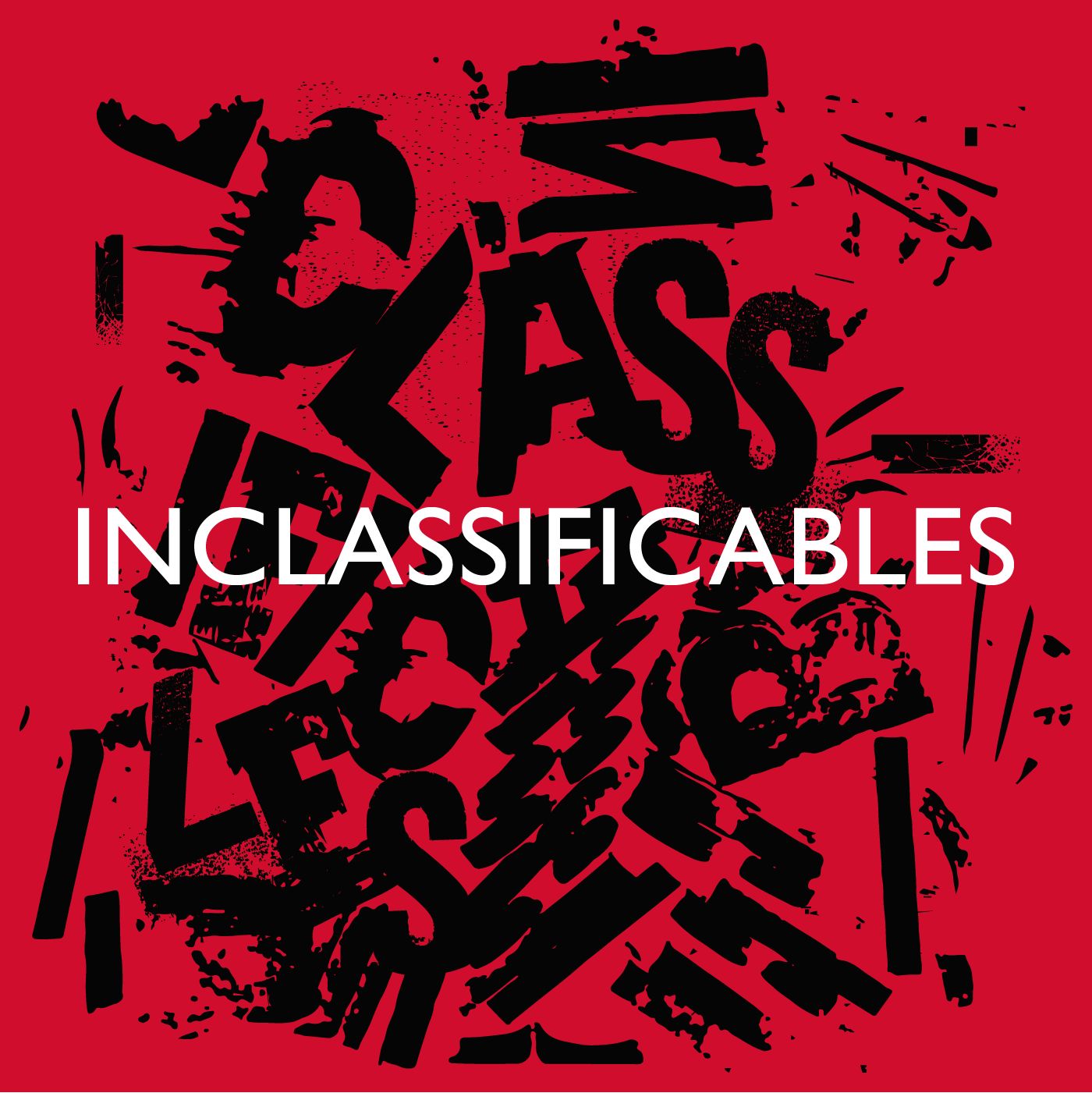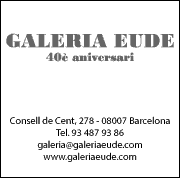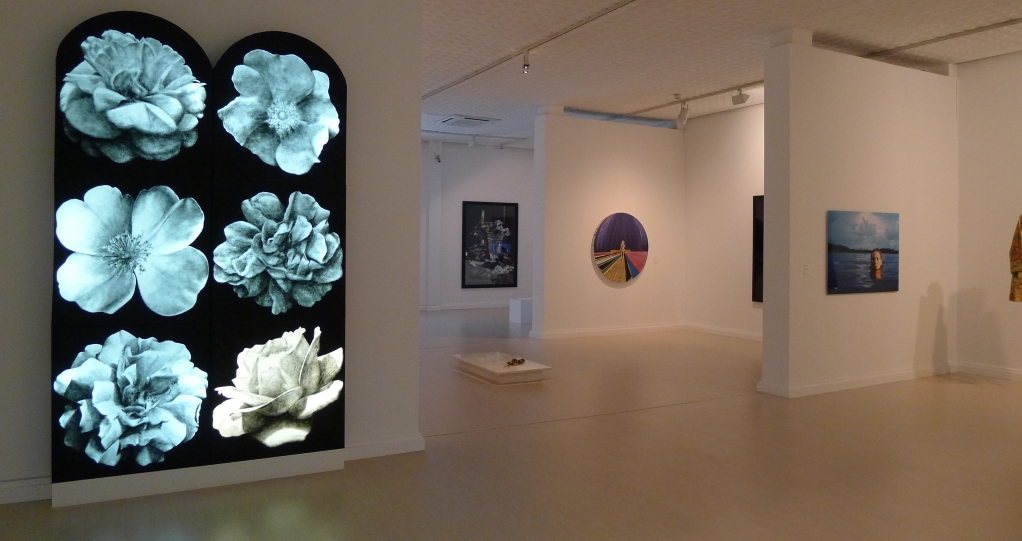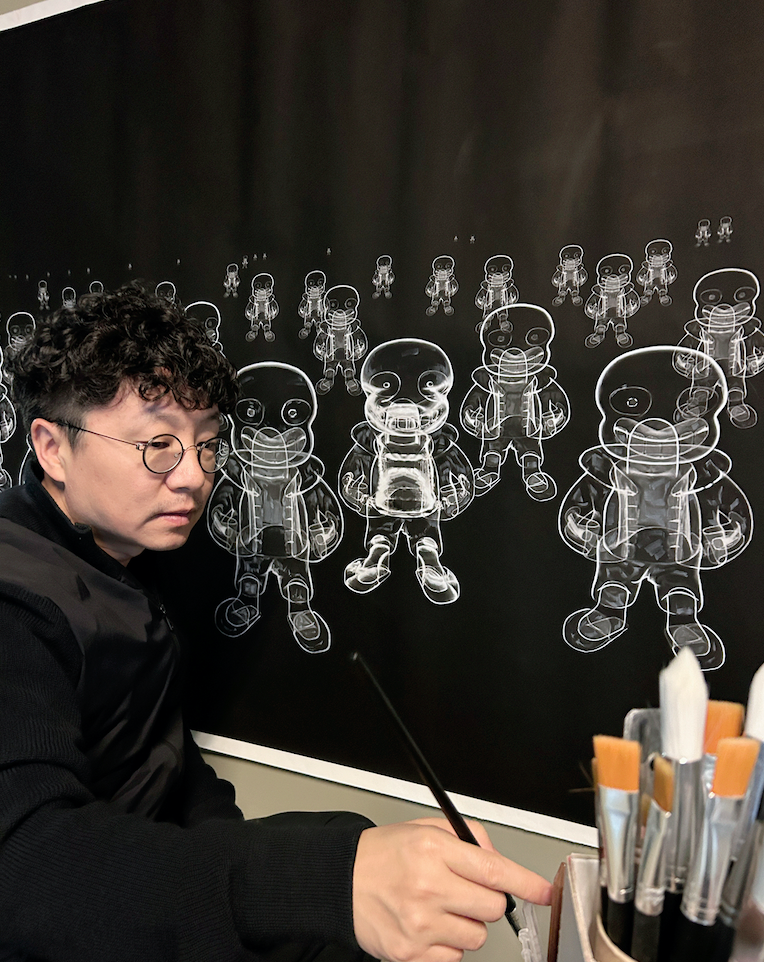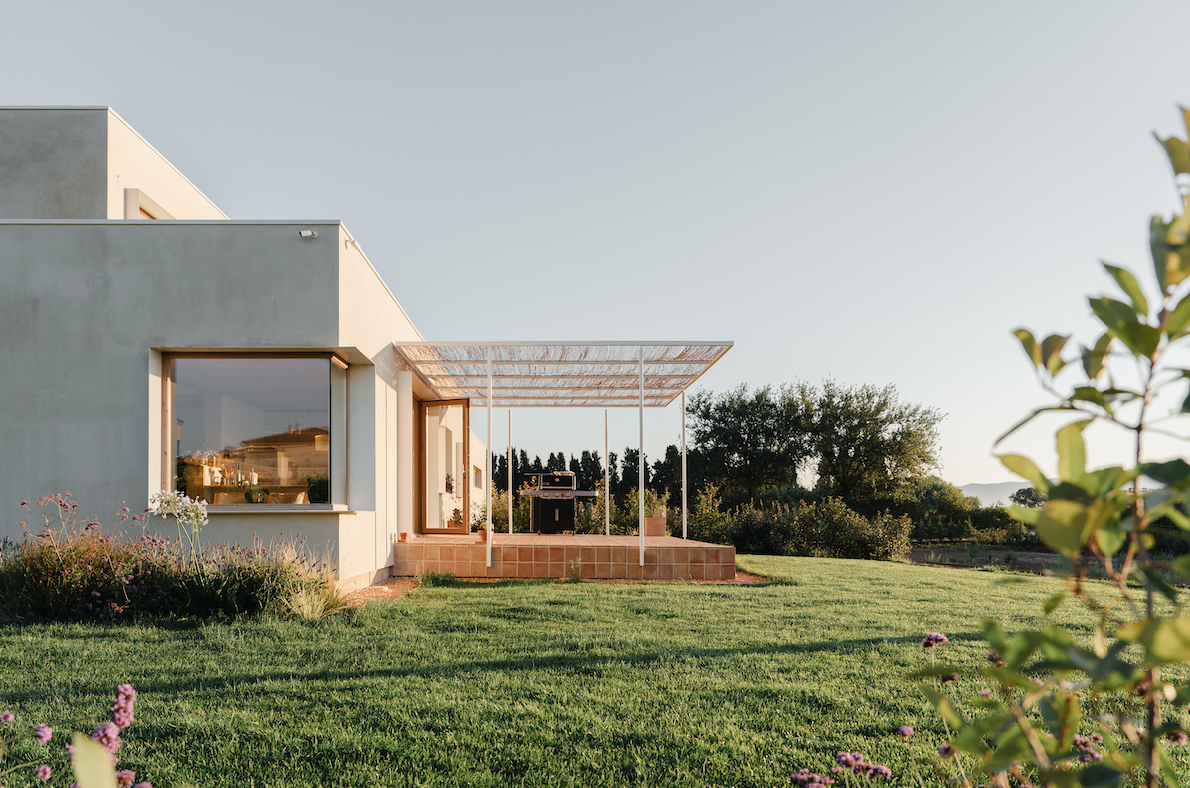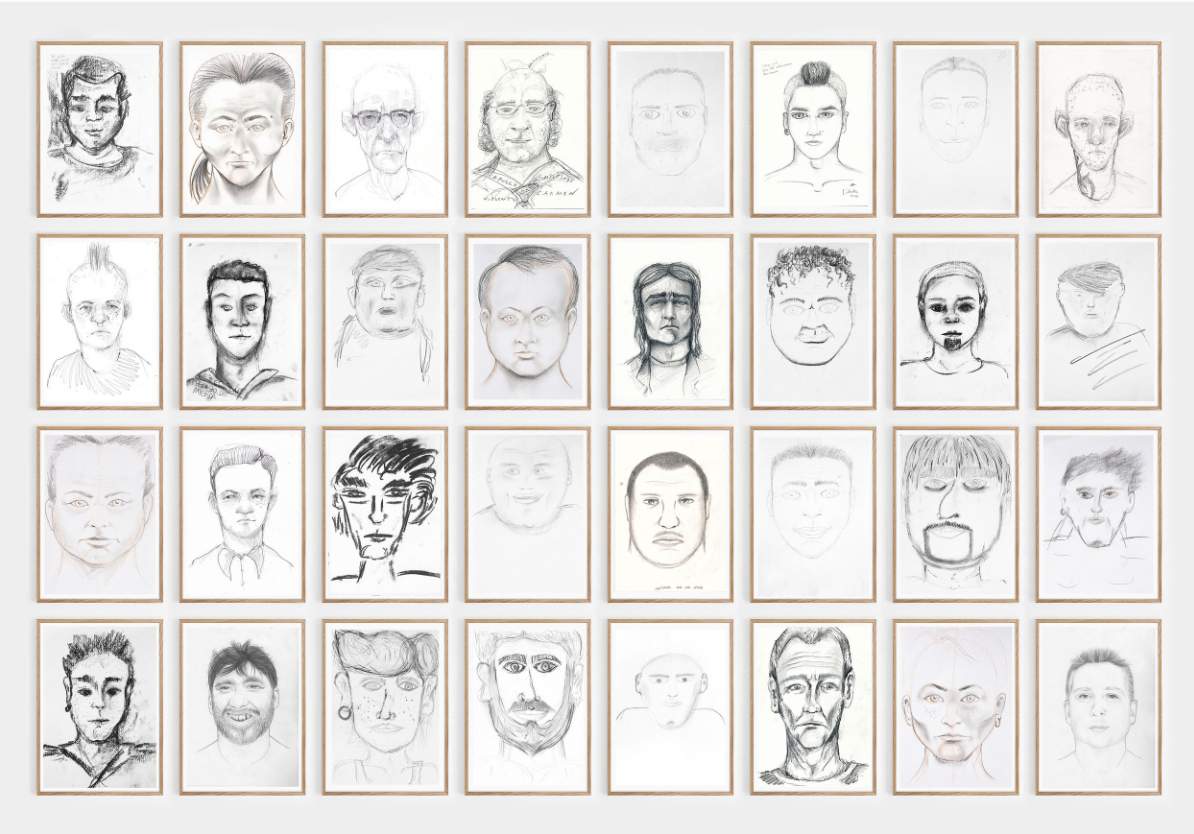News
The Department of Culture presents "Habitated Museum", an extensive program on the future of museums and their transformation
The program, which will start this June and will last until 2026, consists of exhibitions, activities and a collection of publications
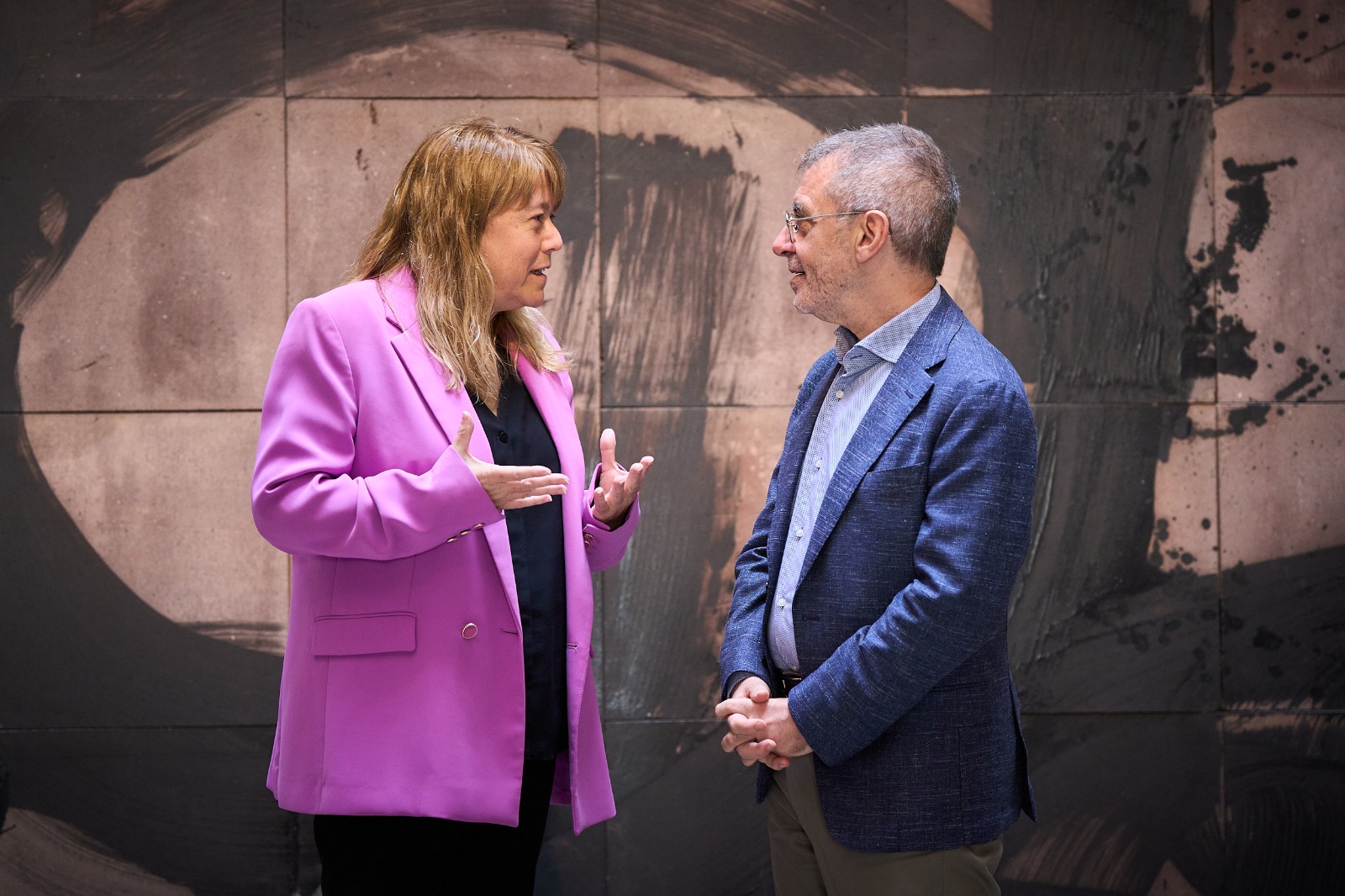
The Minister of Culture, Natàlia Garriga , and the director of the temporary museum advisory program, Manuel Borja-Villel, presented today the actions that this expert is organizing in order to reflect on the future of museums and their transformation, under the title "Habitated museum". The project will take shape through a series of activities, exhibitions and artistic interventions that will take place between the years 2024 and 2026. It will involve local and international specialists, people from different fields of culture (museologists, managers, artists, curators , thinkers...), social groups and other networks of public agents.
Councilor Garriga emphasized that "the Museums Plan of Catalonia has already indicated to us, since 2017, that in the 21st century these facilities must be social, and for some time our museums throughout the country have conceived this and are working on this line", explained the minister, who emphasized that the program in question has the contribution of "a great diversity of people and groups from different fields, and the expertise of so many essential professionals at home ours".
From this June, through workshops, conferences, live arts, film cycles and other formats, these investigations will be publicly activated in significant locations in Catalonia. Some of these proposals will take place in spaces such as Tinglados del Port Vell, the Maritime Museum of Barcelona, Palau Moja, the Victòria Eugènia pavilion and other centers and locations throughout the territory. The program will also be accompanied by long-term artistic interventions, deployed both in the city of Barcelona and in - not necessarily artistic - centers of the country.
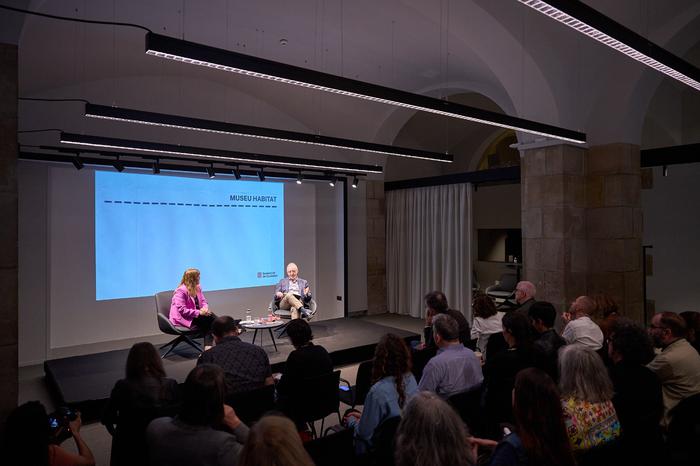
The intention of the program is not to offer conclusive theses, but is conceived as an attempt to accompany the debate on the role of the museum in today's society, its challenges and its aspirations. "Habitated museum" will have as a final result a corpus full of diverse contributions resulting from the participation of professionals in the sector, various social groups and public agents. These final conclusions will be public and available to all citizens.
An exhibition at Tinglados del Port de Barcelona and other exhibition essays
The program will consist of a large exhibition that will take place simultaneously at the new Tinglados del Port Vell, the Barcelona Maritime Museum and Palau Moja. With the intention of reflecting on the central themes of the social museum in the Catalan area, we will work on specific cases. Each of these spaces will address one of the central themes of analysis for the conception of a new museum model, such as borders, redistribution, memory and the archive, and industrialization and coloniality.
Als Tinglados, a new space in Barcelona dedicated to cultural uses, will reflect on visual representation through the interrelationship of the notions of landscape, displacement and identity. This exhibition brings into dialogue historical works such as those of Isidre Nonell, Colita or Anna Turbau with the production of contemporary artists such as Allan Sekula, Malgorzata Mirga-Tas, Efrén Álvarez or the Ayllú collective.
Apart from this exhibition, the program has more exhibition rehearsals that will take place at Palau Moja, the Maritime Museum of Barcelona or the Pavilion Victòria Eugènia, among other spaces both in the capital and in the rest of the territory. Specific projects will also be carried out with other institutions such as the Tàpies Foundation or the Catalan History Museum.
At Palau Moja, work will be done around the idea of memory, monument and public space, with works by Aline Motta, Jorge Ribalta, Oriol Vilanova, among others.
At the Barcelona Maritime Museum, an exhibition will reflect on extractive processes and material memory, taking as a case study the role of Catalonia in different colonial campaigns. Among the topics that will be discussed, the impact of the importation of raw materials such as wood from Guinea on the design of both products and architecture during the 1950s and 1960s will be of particular importance. In addition to historical material, the exhibition includes works by contemporary artists such as Antoni Muntades, Carlos Pazos or Claudia Claremi.
In the Victòria Eugènia Pavilion, a series of artistic interventions will be presented from which we will reflect on the great international exhibitions that had their heyday in the last decades of the 19th century and the first decades of the 20th, and on their influence on our way of understanding the world.
Program activities
The program will include two congresses, numerous activities and debates, and will be open to the participation of other institutions, which may be added as the reflection process progresses. The activities will begin this June with actions and debate workshops, mobilized by groups such as IDRA, Transductores and Entrar Afuera (along with other groups with which they collaborate) and will address various topics crossed by the artistic fact: forms of relationship between care and culture, commensality, decoloniality, ecosocial transit or the rural, among others.
The first congress, which will take place between November 26 and 28, 2024, will serve to place the debate and share ideas and proposals. The second, scheduled for June 2025, will act as the conclusion of the project. These congresses will be open to the participation of professionals from the sector, thinkers and social agents.
The collection of publications "Museu habitat" will also be created, which in its pages will collect proposals, documents and testimonies that, from various positions, rethink the role of the museum in the 21st century based on the reality of Catalonia and in relation with other contexts. One of the issues, edited by Xavier Acarín, will be about the "Social Museum of Barcelona", which existed at the beginning of the 20th century in connection with new urban models such as the garden city.
Militant research
As Borja-Villel explains, "in recent times, the debate around audiences, collections and decolonization processes are common in the world of art and museums. But, if they are not accompanied by a questioning of our institutional structures, they run the risk of becoming mere rhetorical gestures. Hence the need to rethink the museum models with which we operate in order to open them up to new forms of thinking and action.”
The aim, both of the set of samples and of the other artistic interventions and activities, is to generate a debate around the "museum" and about the devices and narratives that have been hegemonic in the museum field since the 18th century, in line with the deep reflection that the Plan of Museums already raised, on which the country's museums are already working. It is precisely due to this work that it is possible to promote an active reflection on this concept, which allows us to imagine other ways of conceiving and, finally, "inhabiting" the museum.
The intention of the program is also to promote other forms of artistic and civic participation. Borja-Villel explained that "in this process, the concept of 'militant research' will be fundamental: a praxis that seeks to build, with and from people and social movements, a form of action whose purpose is not it is to interpret or affirm the world, but to transform it.”



